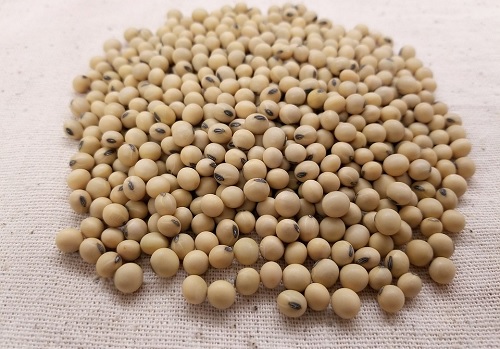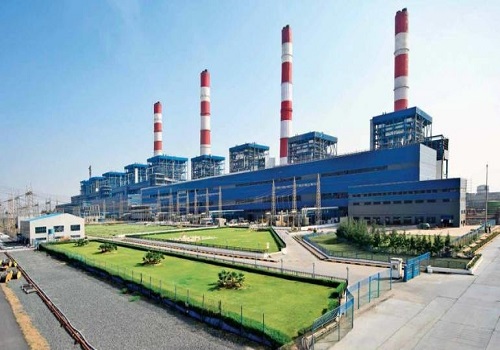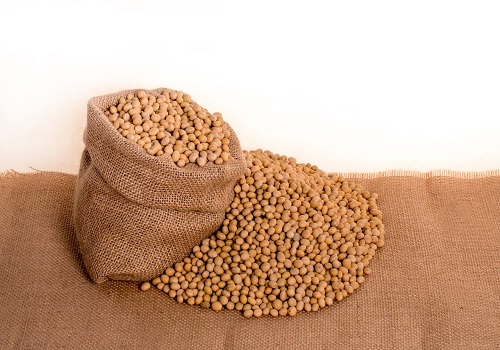China`s November Soybean Imports : Shift from Brazil to U.S. by Amit Gupta, Kedia Advisory

In November 2024, China's soybean imports from Brazil fell 25% year-on-year, while U.S. shipments surged as concerns over trade tensions influenced buying decisions. China imported 2.79 million tons of U.S. soybeans, an increase from 2.29 million tons last year. Despite a decline in Brazilian imports, they still accounted for the majority at 3.94 million tons. Argentina saw a significant rise in shipments with 242,227 tons, up from 54,214 tons in November 2023. For the 11 months of 2024, U.S. soybean imports to China totaled 17.88 million tons, a 9% drop compared to the previous year. On the other hand, Brazilian imports increased 10% to 71.7 million tons during the same period. Additionally, China's state grain reserve, Sinograin, has been purchasing U.S. soybeans to build reserves, reflecting a preference for U.S. supplies despite cheaper Brazilian options.
Key Highlights
* China’s soybean imports from Brazil fell 25% in November 2024.
* U.S. shipments increased by 22% year-over-year to 2.79 million tons.
* Brazil still holds the largest share with 3.94 million tons imported.
* Argentina's soy shipments rose significantly to 242,227 tons.
* Sinograin purchased nearly 500,000 tons of U.S. soybeans for state reserves.
China’s soybean imports from Brazil have experienced a significant decline, falling 25% year-over-year in November 2024. On the other hand, U.S. soybean shipments have seen a notable increase, rising by 22% to 2.79 million tons. This shift reflects a trend where U.S. exports are becoming more prominent, largely driven by concerns over trade tensions between Washington and Beijing. The majority of China’s imports for November came from Brazil, though the total volume, at 3.94 million tons, still represents a reduction compared to previous months.
Additionally, Argentina has emerged as a key player with a significant rise in shipments, reaching 242,227 tons compared to just 54,214 tons last year. This indicates a diversification in China’s import sources as they aim to mitigate risks posed by volatile trade relations. For the year to date, U.S. soybean imports are down by 9% to 17.88 million tons, reflecting a cautious approach to U.S. supplies due to tariff uncertainties. Meanwhile, Brazilian imports have surged 10% to 71.7 million tons, still maintaining a dominant share in the total import volume.
Sinograin’s recent purchase of nearly 500,000 tons of U.S. soybeans for state reserves highlights the proactive strategy to secure supplies, despite higher costs relative to Brazilian beans. This move suggests a strategic pivot towards U.S. soybeans amidst the looming trade tensions and the uncertainty surrounding the incoming U.S. administration led by Donald Trump.
Finally
China’s soybean import landscape is shifting, with increased U.S. shipments and growing diversity in sourcing from Argentina, despite ongoing trade risks.
Above views are of the author and not of the website kindly read disclaimer










More News

Quote on?Gold and Crude by Kaynat Chainwala, AVP-Commodity Research, Kotak Securities









